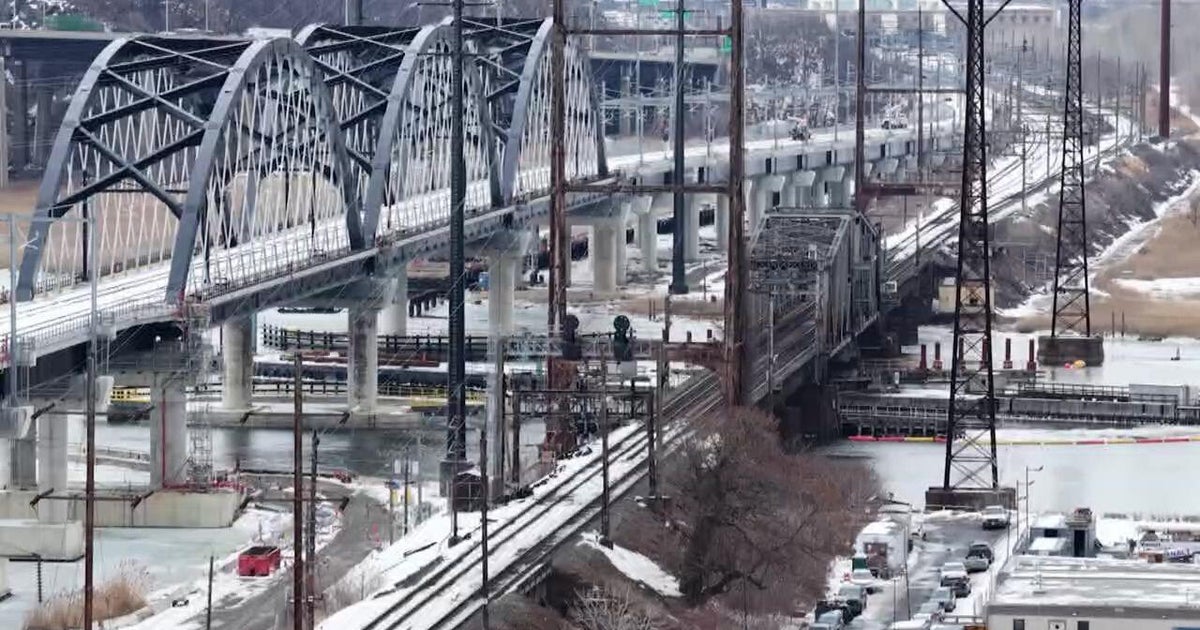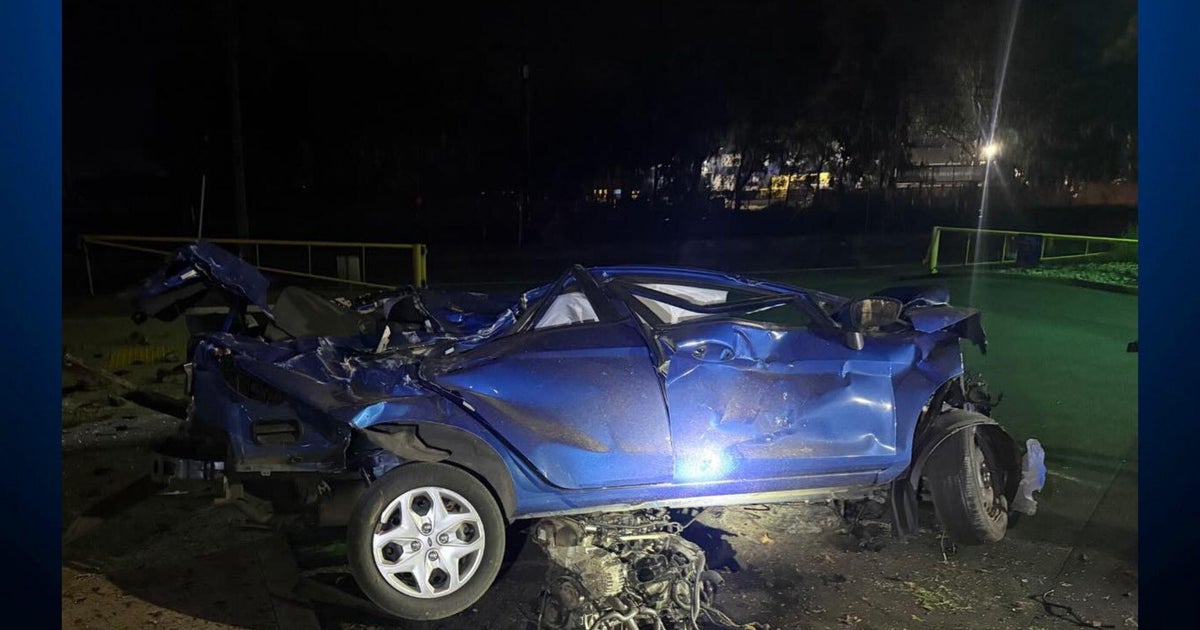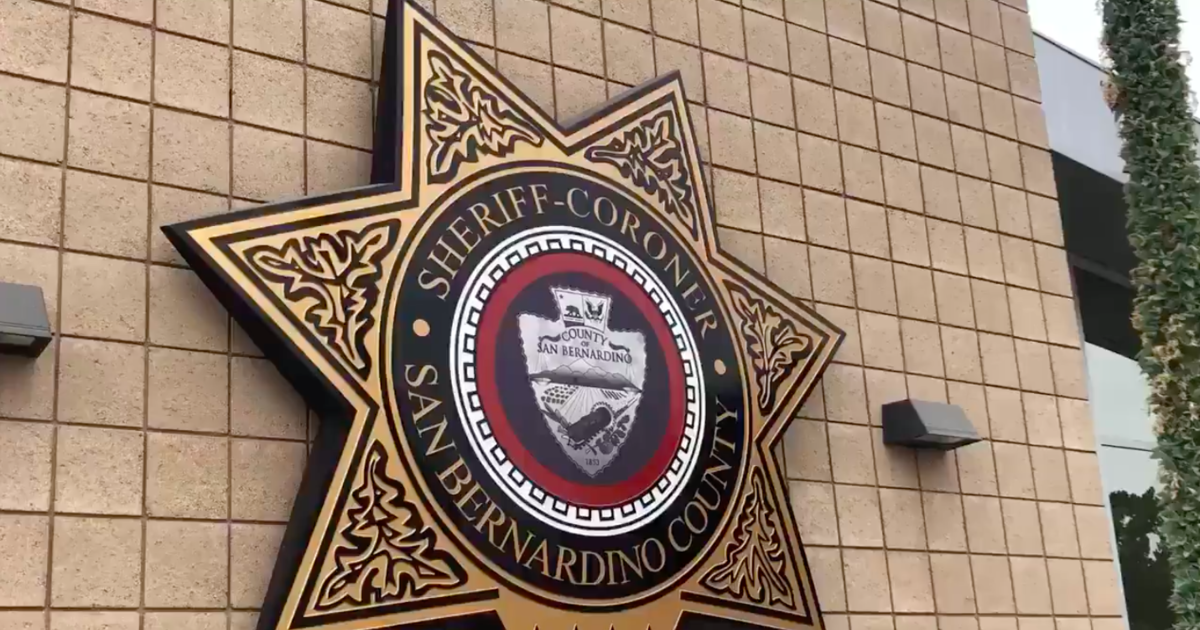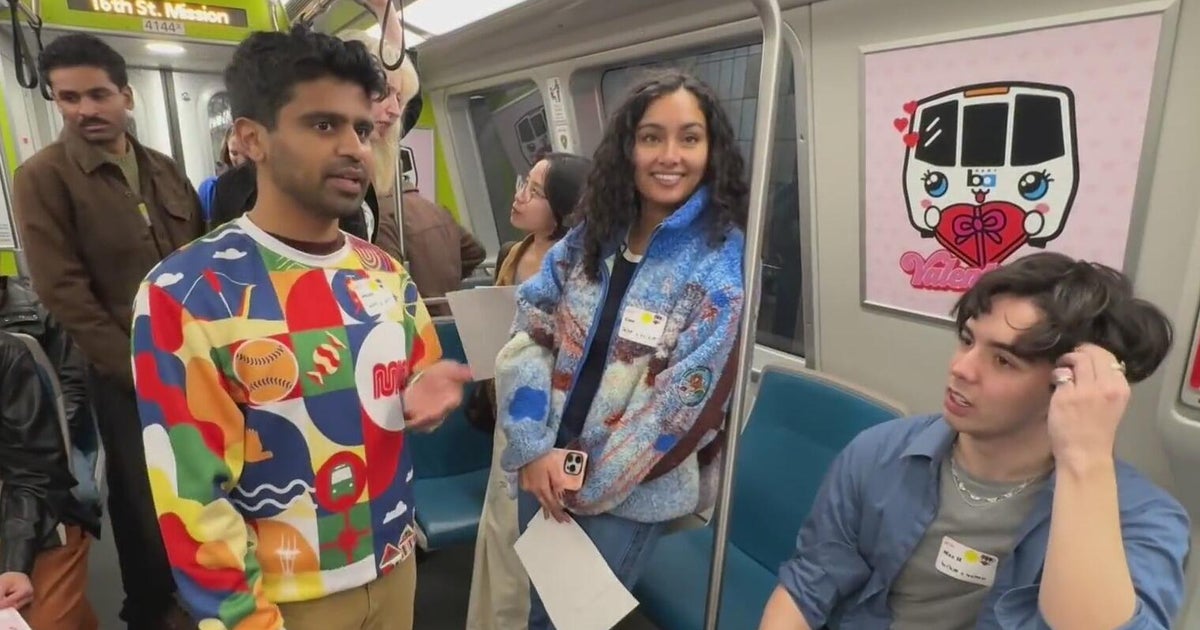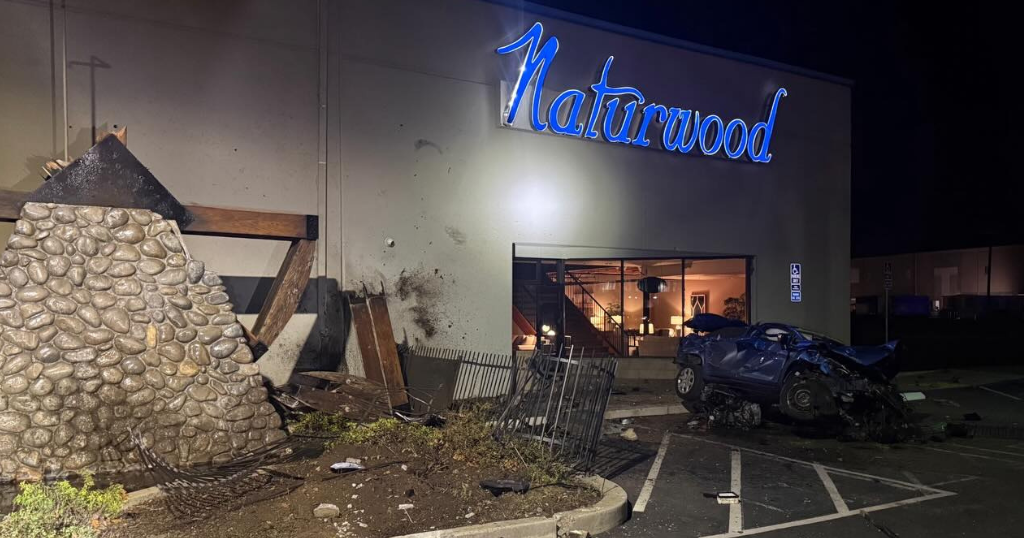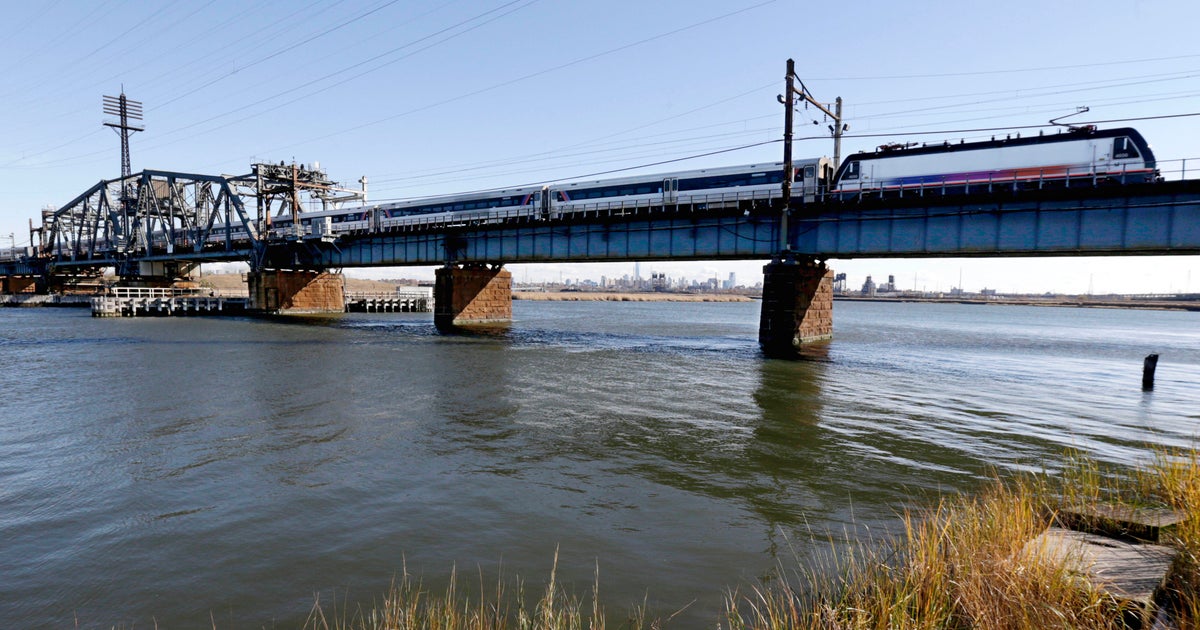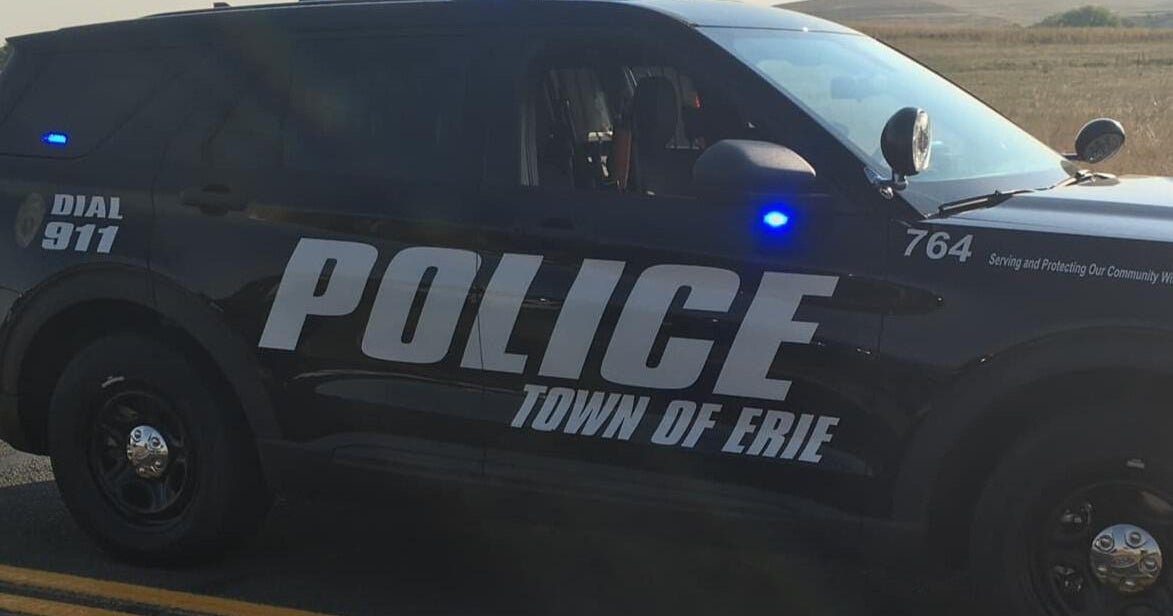Uber enables in-app 'Record My Ride' feature for riders, drivers in San Francisco
SAN FRANCISCO – Uber has rolled out a new feature for riders and drivers in San Francisco, enabling them to record encrypted audio of rides through the company's app.
The ride-hailing giant said the company's "Record My Ride" feature is going live in San Francisco on Wednesday. Uber said the feature, which is located in the Safety Toolkit, will expand to all riders and drivers in the area in the coming days and weeks, with users being notified via email.
"We've heard from users that this audio recording feature helps them feel safer while on trips, and we are pleased to continue to expand the feature. It is our hope that this feature can continue to help give riders and drivers peace of mind while on trips," Sachin Kansal, the company's Vice President of Product, said in a statement.
Uber said both riders and drivers will be notified before a trip takes place if they are matched with a user who has the feature enabled. California is among several U.S. states where all parties must consent to a confidential recording.
According to the company's FAQ on the feature, users can start and stop recording at any time. For riders, recording automatically stops "shortly" after the trip ends, while drivers' recordings stop when they go offline.
As for privacy, the company said audio recordings are encrypted and stored directly on the user's device and are not accessible to Uber unless a safety report is submitted with the audio file.
"By alerting both users in advance of the trip that audio recording is possible, we can help ensure everyone is ok with the recording and has the chance to cancel the trip if they don't feel comfortable," said Emilie Boman, the company's Director of Safety, Privacy and Consumer Protection Policy.
Record My Ride was originally unveiled for riders and drivers in Latin America in 2019 and has since expanded to more than a dozen countries around the world. The ability to record audio was launched in three U.S. cities in late 2021 and has since rolled out to nearly 150 cities across the country.
